A few months ago, we wrote an article about SEO (Search Engine Optimisation) because Google had released a video discussing it. While we did discuss the article to some degree, SEO is a lot deeper than that, some might even call it an art. SEO is an ever changing landscape as Search Engines are continuously adjusting their secret formulas to address exploits or to better improve results. Due to the secrecy of these secret formulas, SEO isn't an exact science, however web designers or developers can work with several base tips that should work across all Search Engines.
Some tips are not as obvious as others, for example one would expect the meta tag keywords to be used by SEO, however due to rampant abuse of spammy keywords years ago, Google stopped allowing it to influence searches. So, one should not rely on the meta keywords tag as a means of SEO. Sure, Google's policy could change in the future, but in the mean time it means nothing. Another useful tip is using the "Alt" tag when it comes to images, currently search engines do not scan images for what they could mean, so they make use of the "Alt" tag and text around the images as a means of finding out what the image is about. Unfortunately, for web developers, filling in "Alt" tags can be a pain, especially with galleries and galleries of images, luckily the "Alt" tag has the dual purpose of allowing people who can't see the images, whether because of screen readers, or some other reason, to find out what the image is about.
Another useful SEO tip is using the meta description tag, most Search Engines provide a very small description of the web page, some Search Engines will generate this description itself with information gleaned from the web page itself. Fortunately some Search Engines use the meta description tag to provide this description, which is a useful tool for web designers to try and sell the web page some more. As important as ever, is the <title> tag, which Search Engines also use.
In the end, I have barely scratched the surface SEO, but it is an ever relevant field for Web Designers and Developers, who will want to take every advantage they can to appear higher in Search Engines.
Some tips are not as obvious as others, for example one would expect the meta tag keywords to be used by SEO, however due to rampant abuse of spammy keywords years ago, Google stopped allowing it to influence searches. So, one should not rely on the meta keywords tag as a means of SEO. Sure, Google's policy could change in the future, but in the mean time it means nothing. Another useful tip is using the "Alt" tag when it comes to images, currently search engines do not scan images for what they could mean, so they make use of the "Alt" tag and text around the images as a means of finding out what the image is about. Unfortunately, for web developers, filling in "Alt" tags can be a pain, especially with galleries and galleries of images, luckily the "Alt" tag has the dual purpose of allowing people who can't see the images, whether because of screen readers, or some other reason, to find out what the image is about.
Another useful SEO tip is using the meta description tag, most Search Engines provide a very small description of the web page, some Search Engines will generate this description itself with information gleaned from the web page itself. Fortunately some Search Engines use the meta description tag to provide this description, which is a useful tool for web designers to try and sell the web page some more. As important as ever, is the <title> tag, which Search Engines also use.
In the end, I have barely scratched the surface SEO, but it is an ever relevant field for Web Designers and Developers, who will want to take every advantage they can to appear higher in Search Engines.


